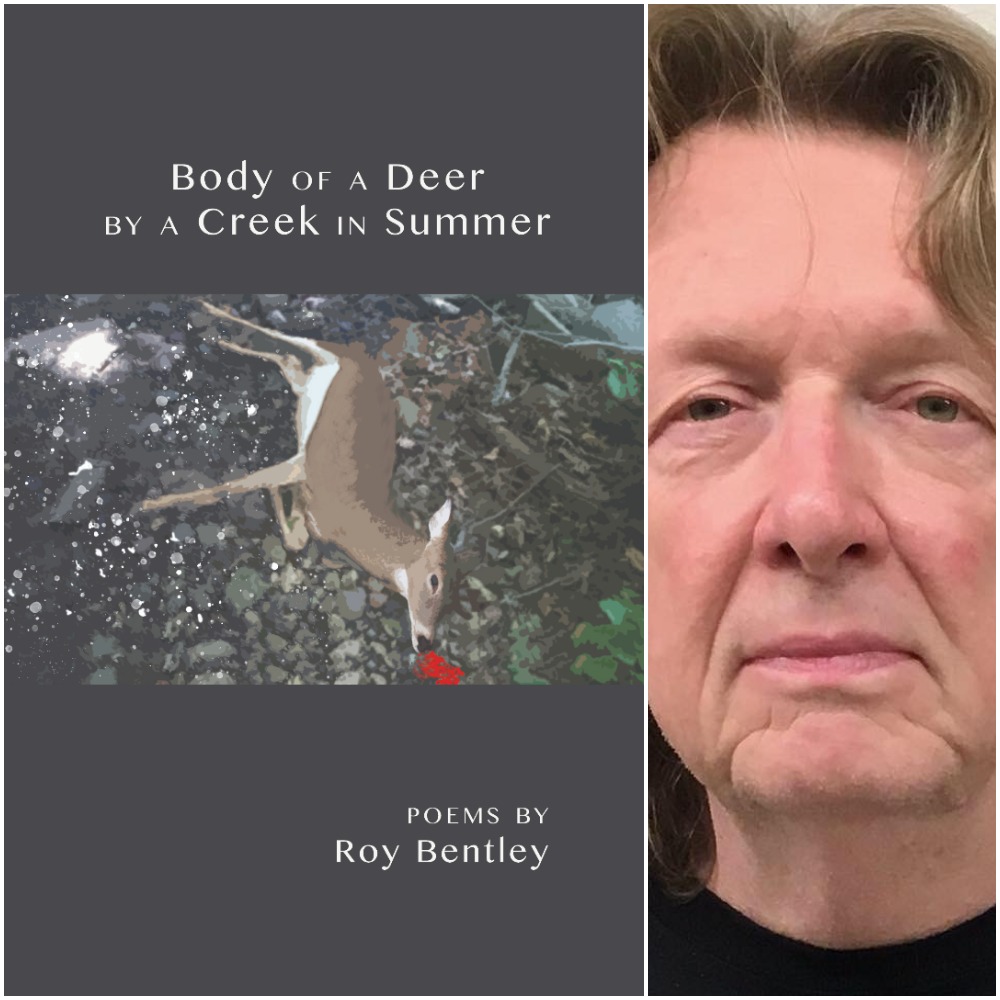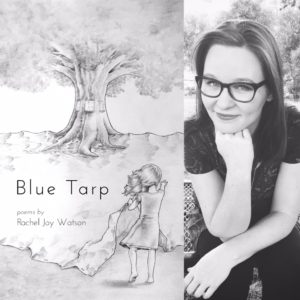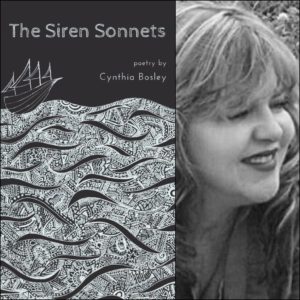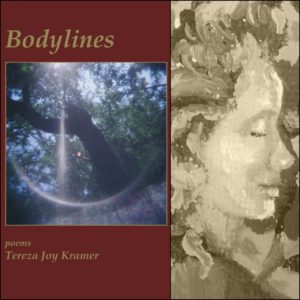In a time when a writer must be careful not to vainly exploit the Appalachian culture, Roy Bentley delivers stark reality, with love and honor. The poems in Body of a Deer by a Creek in Summer are, to borrow his phrase, “an epidural to the heart.”
“…if home is these hollows…” then we are all “Blood Relatives” here, in these pages. As readers, we must come prepared to feel and to own our familial history as we are riveted by Bentley’s.
In this Appalachia, “The gospel of one note hissing isn’t music,” and being called a “hillbilly is a nineteen-twenties sort of wink at Conscience before murder and then disposing of a body,” and death is something “we carry with us and wear like skin.” No condescending here. No sentimentality. We learn to accept rather than scourge, love rather than judge, think and feel rather than patronize and deny. Baptized by fear, a child runs, “half way to Fleming-Neon before anything venomous stirs in the wet dark washing my feet as I run.”
Burning with resentment, a man learns, “mistakes are as good as it gets if you’re waiting for the world to answer for lies it tells you about itself on the way to getting to truth.”
It is through the narrative of these lives we learn how to survive ourselves and each other. Here we embrace the thick textures of our people. We are characters in a world where living is such an inclusive act, even the weather engages the patterns of our living:
“Rain becomes the calm and storms and calm again that is Appalachia.”
These poems are lovely and pungent, bloody and humorous. Their women are as strong, if not stronger than the most remarkable of men. If you are an Appalachian, you must read it. If you are not, you must read it. This book is important to all of us, historians, artists, uncles, sons, and daughters. The poetry reads like memoir, the main characters and their histories emerging, the interplay between survival and love, something that penetrates and burns.
–Jane Ann Fuller: “Winner of the James Boatwright III Prize for Poetry (Shenandoah), Jane Ann Fuller teaches at Hocking College and lives in southeastern Ohio.”






Jane Ann Fuller –
In a time when a writer must be careful not to vainly exploit the Appalachian culture, Roy Bentley delivers stark reality, with love and honor. The poems in “Body of a Deer by a Creek in Summer” are, to borrow his phrase, “an epidural to the heart.”
“…if home is these hollows…” then we are all “Blood Relatives” here, in these pages.
As readers, we must come prepared to feel and to own our familial history as we are riveted by Bentley’s.
In this Appalachia, “The gospel of one note hissing isn’t music,” and being called a “hillbilly is a nineteen-twenties sort of wink at Conscience before murder and then disposing of a body,” and death is something “we carry with us and wear like skin.” No condescending here. No sentimentality.
We learn to accept rather than scourge, love rather than judge, think and feel rather than patronize and deny.
Baptized by fear, a child runs, “half way to Fleming-Neon before anything venomous stirs in the wet dark washing my feet as I run.”
Burning with resentment, a man learns, “mistakes are as good as it gets if you’re waiting for the world to answer for lies it tells you about itself on the way to getting to truth.”
It is through the narrative of these lives we learn how to survive ourselves and each other. Here we embrace the thick textures of our people. We are characters in a world where living is such an inclusive act, even the weather engages the patterns of our living:
“Rain becomes the calm and storms and calm again that is Appalachia.”
These poems are lovely and pungent, bloody and humorous. Their women are as strong, if not stronger than the most remarkable of men. If you are an Appalachian, you must read it. If you are not, you must read it. This book is important to all of us, historians, artists, uncles, sons, and daughters.
The poetry reads like memoir, the main characters and their histories emerging, the interplay between survival and love, something that penetrates and burns.
a bio: “Winner of the James Boatwright III Prize for Poetry (Shenandoah), Jane Ann Fuller teaches at Hocking College and lives in southeastern Ohio.”